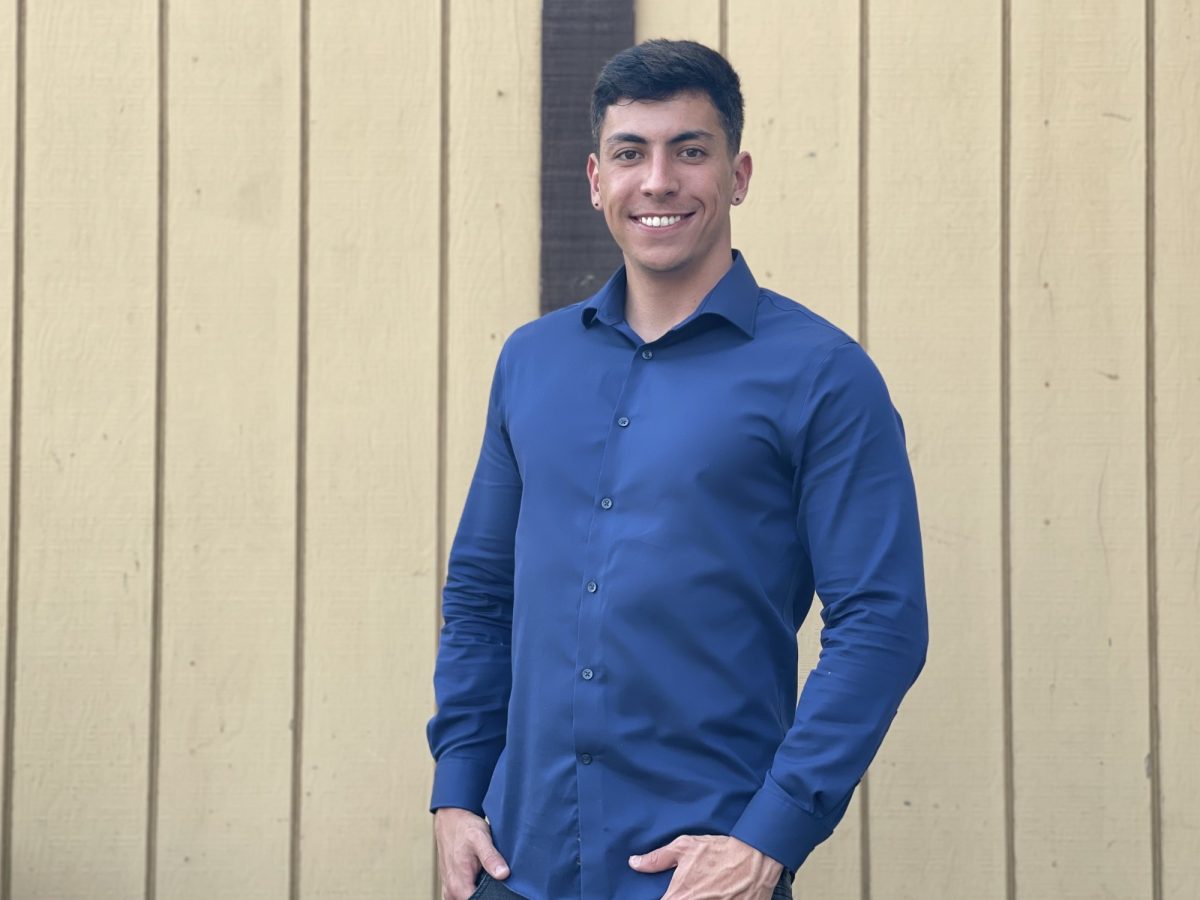
Daniel Araujo, 2021 Vanier Scholar
2021 Vanier Scholar: Daniel Araujo
The Vanier Canada Graduate Scholarships are some of the most prestigious awards given in Canada. They are often looked at as the Canadian equivalent of the United Kingdom’s Rhodes Scholarship and come with $150,000 over three years for each recipient. This year, the University of Manitoba is proud to welcome four Vanier Scholars.
We caught up with Daniel Schwade Araujo, one of this year’s recipients, to talk about his research, studying at UM and more.
TELL US ABOUT YOURSELF.
I’m Daniel Schwade Araujo and I’m from Natal, Rio Grande do Norte, Brazil. I completed my BSc. in Physical Education at the Federal University of Rio Grande do Norte and I am currently in the 2nd year of my MSc. in the Faculty of Kinesiology and Recreation Management at UM. In 2022, I will begin my PhD in Applied Health Sciences.
HOW LONG HAVE YOU BEEN AT UM?
Just under two years! I arrived in Canada in August 2019.
TELL US ABOUT YOUR RESEARCH.
My research focuses on the prevention and treatment of frailty and cardiovascular disease in older adults. During my PhD, I will study something called “metabolomics”. For us to stay alive, countless chemical reactions are happening all the time inside our bodies. The products of these reactions are small molecules called “metabolites”, which help control pretty much everything that happens inside of us—from allowing cells to communicate with each other to providing energy. Metabolomics is simply the large-scale study of these metabolites and how they interact within the human body. Previous studies have shown that higher levels of certain metabolites are associated with cardiovascular disease and frailty. My research will expand on this by examining the value of adding metabolomic analysis to existing cardiovascular disease and frailty risk assessments to improve their sensitivity.
WHAT GOT YOU INTERESTED IN THIS TOPIC?
I got involved in research with the goal of improving the lives of those who need it the most. Health is a fundamental human need, which is why I chose to study the treatment and prevention of chronic diseases. I have also always been fascinated by human physiology and understanding how our body works. When I was introduced to metabolomics during a directed studies course with my current advisor, Dr. Todd Duhamel, I saw it as a way to integrate these topics by studying a promising, but still under-researched tool, to diagnose complex metabolic diseases.
WHAT IMPACT DO YOU HOPE YOUR RESEARCH WILL HAVE?
I hope my research can help provide new, effective methods for the early diagnosis of cardiovascular disease (CVD) and frailty in older adults. Canada’s older adult population is growing very rapidly, and the high prevalence and coexistence of CVD and frailty may become one of the biggest public health challenges that occur because of this demographic shift. The earlier we can diagnose these illnesses, the sooner we can start treating them, which, consequently, leads to better outcomes for patients. Ultimately, the goal of my research is to help people live longer, better, and healthier lives.
WHAT DOES IT MEAN TO YOU TO BE THE RECIPIENT OF THE VANIER SCHOLARSHIP?
Being a Vanier scholar is an immense honour and an even bigger responsibility. I have had to overcome many challenges since I made the decision to leave my home country, family, and friends to pursue my dream of an MSc in Kinesiology here at UM—especially during the COVID-19 pandemic. The amount of happiness that I felt upon finding out I was selected as a Vanier Scholar made me realize one thing: it was all worth it. It lets me know that I am on the right track, and it motivates me to continue working very hard so that I can spearhead the change I want to see in the world.
WHAT ADVICE WOULD YOU GIVE TO OTHERS APPLYING FOR THE VANIER SCHOLARSHIP?
Get involved with groups/organizations and surround yourself with people that want to make a difference. Some of my most life-changing opportunities came because of collaborating with others. And don’t simply wait for them to come to you—go and make them happen! As the saying goes, “The best time to start was yesterday. The second-best time is now.”
Research at the University of Manitoba is partially supported by funding from the Government of Canada Research Support Fund.






